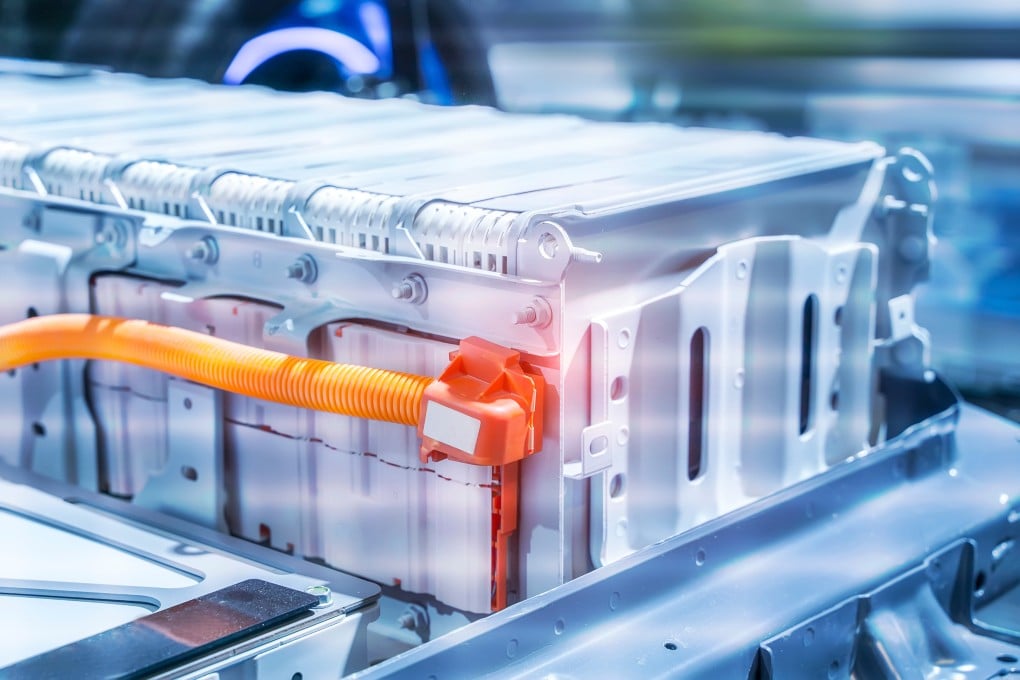Chinese scientists extract lithium from seawater, holding promise for new energy tech
Novel lithium extraction technique harnesses solar energy, offering an efficient alternative amid rising demand for the metal

The surge in production of new energy vehicles and energy storage devices has led to a robust demand for lithium. But for now, lithium is mainly sourced from hard rock ores, such as spodumene, or from natural brines, both of which involve energy-intensive and environmentally costly processes.
A study published on Friday in the peer-reviewed journal Science presents a novel seawater lithium extraction technique using solar energy.
Led by Zhu Jia, of Nanjing University, and Mi Baoxia, from the University of California, Berkeley, the research team proposed a solar transpiration-powered lithium extraction and storage (STLES) device that uses sunlight to extract and store lithium from brine.
The device consists of a solar transpirational evaporator, a lithium storage layer and a nanofiltration membrane. It uses solar energy to generate high capillary pressure within the evaporator, which drives lithium through the membrane and into the storage layer.
Lithium extraction from seawater has been an area of potential but has many challenges. There are around 230 billion tonnes of lithium in the world’s seawater, about 16,000 times the reserves of the metal that can be exploited now.
The presence of abundant magnesium, calcium, sodium, potassium and lithium in seawater complicates the separation process.
According to a report last year from the Shanghai-based news outlet The Paper, industry insiders noted that the low concentration of lithium in seawater typically required desalination before extraction, making the overall cost of this method more than 10 times higher than other techniques.

